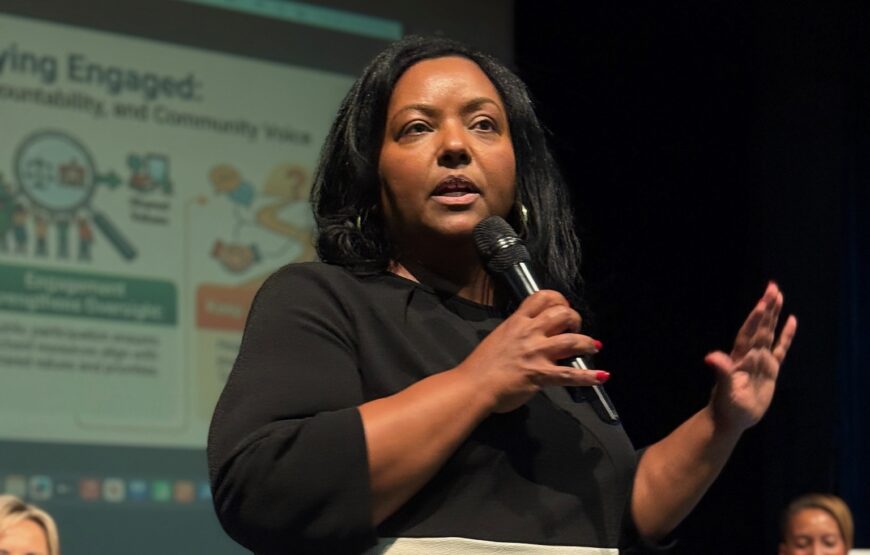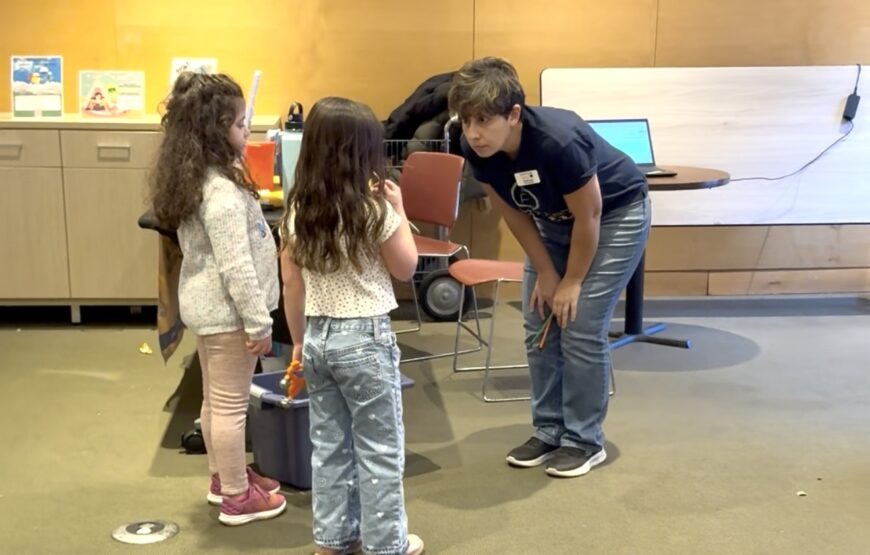As college admissions deadlines creep earlier each year, the pressure on high school students—and their families—has never felt more intense. To understand what it takes to stand out, The Montclair Pod sat down with longtime educator and college counselor Ali Pitt, who has spent more than three decades guiding students through classrooms, counseling offices, and the increasingly complex world of admissions.
“The sooner students begin their college process, the better prepared they’ll be for senior year,” Pitt said. “Students who’ve taken strong courses, maintained good grades, and used their summers for meaningful activities have a clear advantage.”
But Pitt is quick to stress that a transcript, even one stacked with A’s, is not enough. “Colleges are building communities,” she explained. “They want students who are self-aware, who care about the world around them, and who will become leaders toward meaningful change.”
Course Selection: More Than Just Grades
In Montclair and beyond, families often wrestle with whether their children should load up on AP or honors classes. Pitt’s advice: rigor matters, but balance is key.
“Advanced courses look great on a transcript,” she said, “but not if they’re pulling down a student’s GPA. Students need to make sure they have the right foundation to succeed in those classes.”
Still, she noted that there are other ways to show intellectual curiosity: dual-enrollment courses, research programs, internships, even jobs. “What you do in the summer can sometimes matter as much as your test scores,” she added.
Testing in a Test-Optional World
Even with most colleges embracing test-optional policies, Pitt advises students not to skip the SAT or ACT entirely.
“Policies can change,” she said. “And strong scores can open the door to merit scholarships. The key is to pick the test that highlights your strengths, and invest in preparation.”
She said the same goes for AP exams, where top scores may earn students college credit.
Exploring Colleges Early
Pitt recommends that Montclair families begin researching schools casually as early as their freshman year.
“Start online,” she said. “Look at different types of schools—big, small, urban, rural. Then in sophomore spring, go visit a few. You’re not just looking for an academic fit. You’re looking for a place that feels like home.”
By the end of junior year, she says, students should aim to have a “researched and balanced list” of target schools. Tools like Naviance and SCOIR can help, but she warns against chasing prestige alone.
“Just because a school has a great reputation doesn’t mean it’s the best school for a given student,” Pitt said. “And before you finalize your list, make sure the financial side makes sense.”
The Power of the Personal Statement
With many colleges abandoning evaluative interviews, the essay now carries enormous weight.
“The personal statement is where you become more than a list of grades and activities,” Pitt said. “It’s where admissions officers learn about your values, your voice, and who you are outside of school.”
She encourages rising seniors to finish their essays before senior year begins. “It makes for a much less stressful fall,” she said.
What If You’re Starting Late?
For seniors just beginning their application journey this fall, Pitt offers reassurance.
“Most students in the country apply regular decision, and those deadlines can stretch into February or March,” she said. “It’s always better to submit a strong regular decision application than rush to meet an early deadline with weaker materials.”
And for those facing the inevitable disappointment of rejection letters, Pitt has perspective.
“There are simply not enough spots for every qualified candidate,” she said. “Rejection is not a reflection of your worth or your potential. It’s a push toward new opportunities—sometimes even better ones.”
A Counselor’s Perspective
Pitt knows this landscape well. With a background in neuroscience and psychology, she has been a classroom teacher, learning specialist, and head of a Manhattan private school. She’s taught in both public and private schools, served homeschooling families, and guided students juggling careers in sports, film, and music.
Her message to Montclair families: start early, stay balanced, and remember that college is not the finish line but a launching pad.
“College isn’t just about preparing for a career anymore,” she said. “It’s about becoming a responsible global citizen, ready to lead toward meaningful change.”




